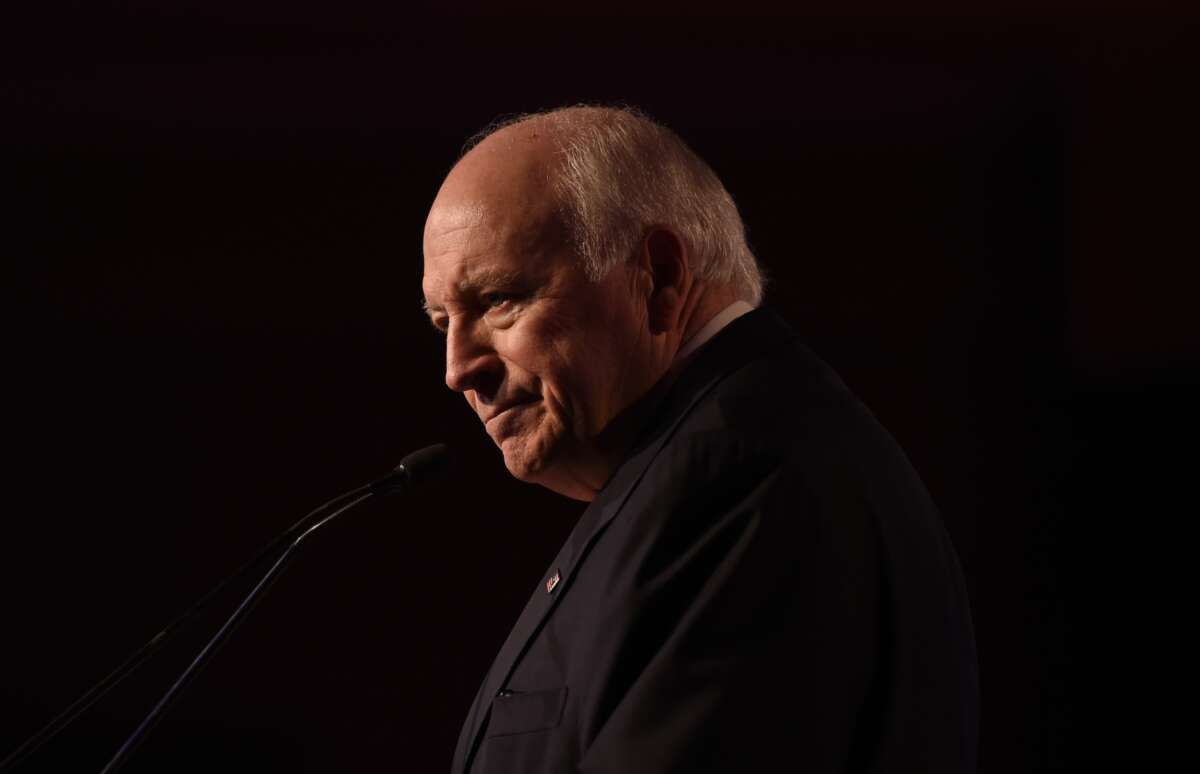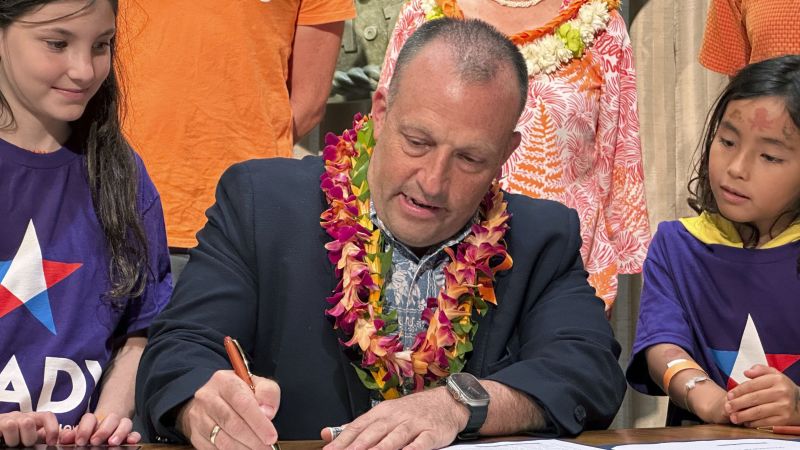Former Vice President and Defense Secretary Dick Cheney has died at the age of 84, according to family reports confirming he succumbed to complications from pneumonia and various heart conditions on November 3, 2023. Cheney passed away peacefully, surrounded by loved ones who described him as a “good man” and a “noble giant.”
However, his death reignites fierce debates over his contentious legacy. Cheney is often viewed as a key architect of the U.S. “war on terror,” a campaign that has resulted in the deaths of at least 4.5 million people and the displacement of 38 million over two decades. His military interventions, particularly in Iraq and Afghanistan, have left lasting scars on both nations and have reshaped the U.S. approach to foreign policy.
Cheney’s tenure under President George W. Bush marked a shift in U.S. military doctrine, leading to controversial practices such as mass surveillance and the criminalization of Muslim communities domestically. He was instrumental in the propagation of the false narrative regarding weapons of mass destruction in Iraq, justifying military action that many now label as war crimes.
As vice president, Cheney wielded unprecedented power, often acting as the de facto leader during critical moments of the Bush administration. His efforts to justify military actions abroad, including the infamous Abu Ghraib prison scandal, have had profound implications, with ongoing conflicts still evident in regions like Yemen and Syria.
The repercussions of Cheney’s policies extend far beyond his years in office. The Homeland Security Act, a direct result of the post-9/11 environment, established agencies like Immigration and Customs Enforcement (ICE), which have since been criticized for aggressive tactics against vulnerable communities.
Cheney’s influence on subsequent administrations is palpable, with practices initiated during his vice presidency continuing under President Barack Obama and Donald Trump. His push for the “unitary executive” theory has paved the way for expanded war powers and has been exploited by various leaders to consolidate authority.
Despite the controversies, Cheney remained unapologetic, even publishing his memoir, “In My Time,” in 2011, where he reaffirmed his choices, defying public opinion that had turned against the Iraq war. As recent as this year, he expressed support for Kamal Harris, a Democratic candidate, attempting to distance himself from his legacy.
The response to Cheney’s death is likely to be polarized. Advocates for peace and human rights are expected to spotlight the millions whose lives were irrevocably altered due to his policies. As the world reflects on his contentious legacy, it is clear that the wounds inflicted during his tenure will take generations to heal.
As the global community processes this news, discussions about the long-term implications of Cheney’s actions on U.S. foreign policy and civil liberties are set to intensify. Observers are urged to consider how his legacy will continue to shape the political landscape in the U.S. and abroad.
Stay tuned for further updates as reactions unfold and the impact of Cheney’s death reverberates through political circles worldwide.







